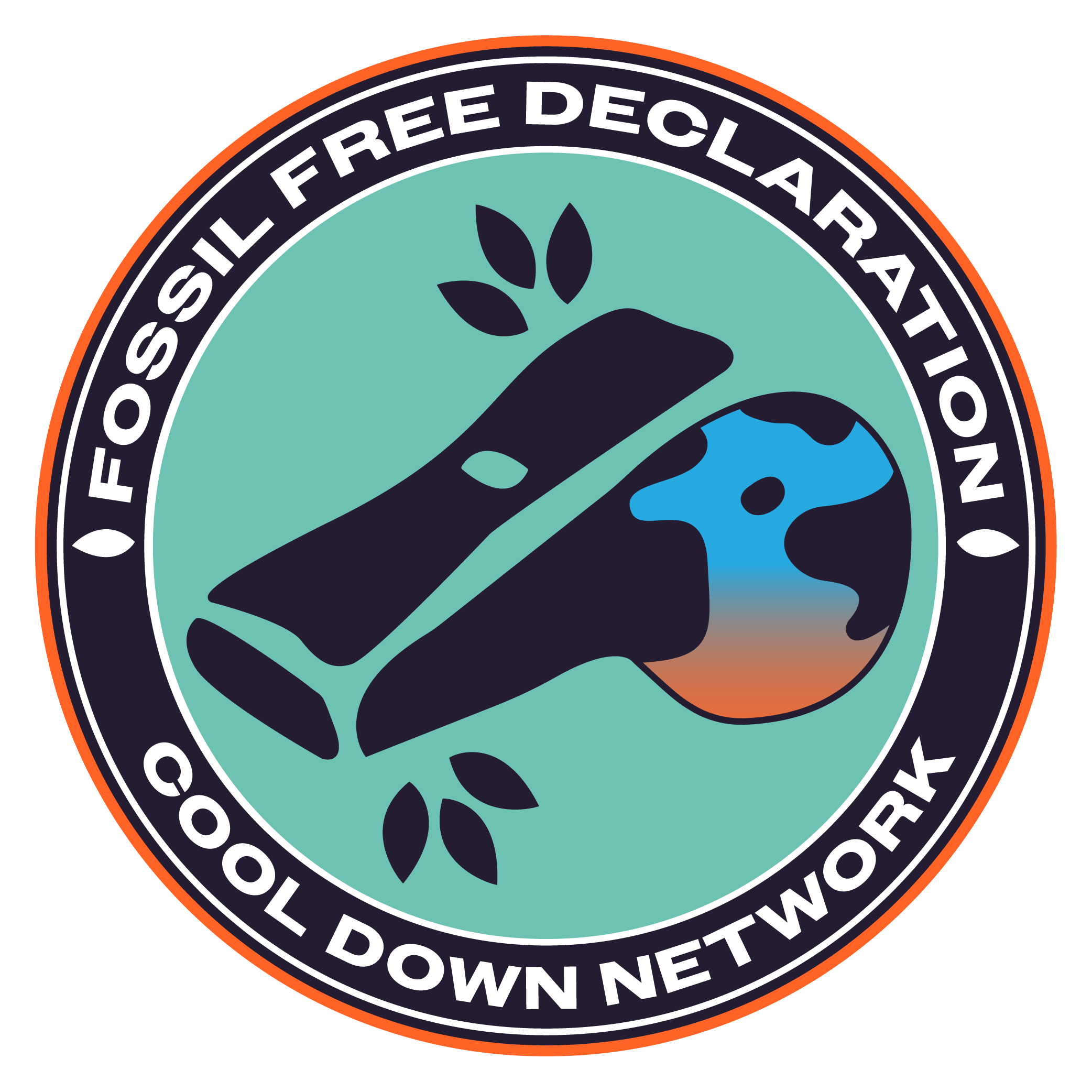The History of Harmful Sponsors in Sport
Big Tobacco was once the most influential industry in sport sponsorship. At its peak, tobacco money funded thousands of sporting events around the world - its logos plastered on kits, stadiums, race cars, and athletes. In 1994 alone, RJ Reynolds sponsored an astonishing 2,736 sporting events in the United States. The Olympic Games were no exception. At the 1980 Winter Olympics in Lake Placid, U.S. Tobacco gave out branded memorabilia, embedding their products into the very fabric of sport. For decades, athletes were tasked with not just winning medals, but promoting Big Tobacco’s harmful products.
By the early 1990s, public health won out, at least on paper. A growing body of scientific research, dating back to the UK’s 1954 study on smoking and cancer, and the 1960s landmark reports by U.S. and UK health authorities, forced governments to act. In 2003, the World Health Organization adopted the Framework Convention on Tobacco Control (FCTC) - a global treaty to curb tobacco’s influence. The Olympic Games finally banned tobacco sponsorship in 1988. But it had taken more than 25 years for the movement to stop promoting a product that was killing millions.
Today, a similar pattern is unfolding - but this time with fossil fuel companies, airlines, and SUV manufacturers. These high-carbon industries are spending billions each year on sport sponsorship and advertising, using the same tactics perfected by Big Tobacco: glamorising harmful products, wrapping them in stories of triumph, speed, and adventure, and embedding them into the most culturally valued arenas in the world.
Wherever you look, sport has become an advertising billboard for polluting businesses. Whether it's oil companies sponsoring football teams, car brands backing tennis tournaments, or airlines partnering with elite events, the presence of high-carbon sponsors is everywhere. In the face of the climate crisis, this looks increasingly bizarre. Global heating is threatening the very survival of many sports - flooding pitches, disrupting tournaments, and melting ski slopes. Rising temperatures and air pollution are also putting athletes and fans at risk, causing heatstroke, asthma attacks, and worsening health outcomes. And yet, fossil fuel branding continues to dominate the field.
The World Health Organization now refers to industries like tobacco, fossil fuels, alcohol, and ultra-processed foods as "commercial determinants of health." In a 2024 report, WHO linked fossil fuels to 580,000 deaths per year in Europe alone. Like Big Tobacco before them, fossil fuel giants use sophisticated marketing to sow doubt, create distraction, and normalize destructive consumption. They have even shared the same lobbyists, think tanks, and pseudo-scientists to undermine regulation.
Just as the world once took on the tobacco industry with bold policy, it's time for sport to reckon with its high-carbon ties. The integrity, health, and future of sport are at stake. If sport can once again lead by example - aligning its commercial strategies with climate action - it can help shape a more sustainable, fairer world. The playbook has been written before. It’s time to use it again.
Join the Cool Down network
Cool down is the sports for climate action network, working to help sports lead the way on rapid transition. We believe that sport and the climate emergency are inseparable. If your organisation works towards a similar goal and would like to join the network, please complete the short form below. We will be in touch via email with further information about how to get involved.













